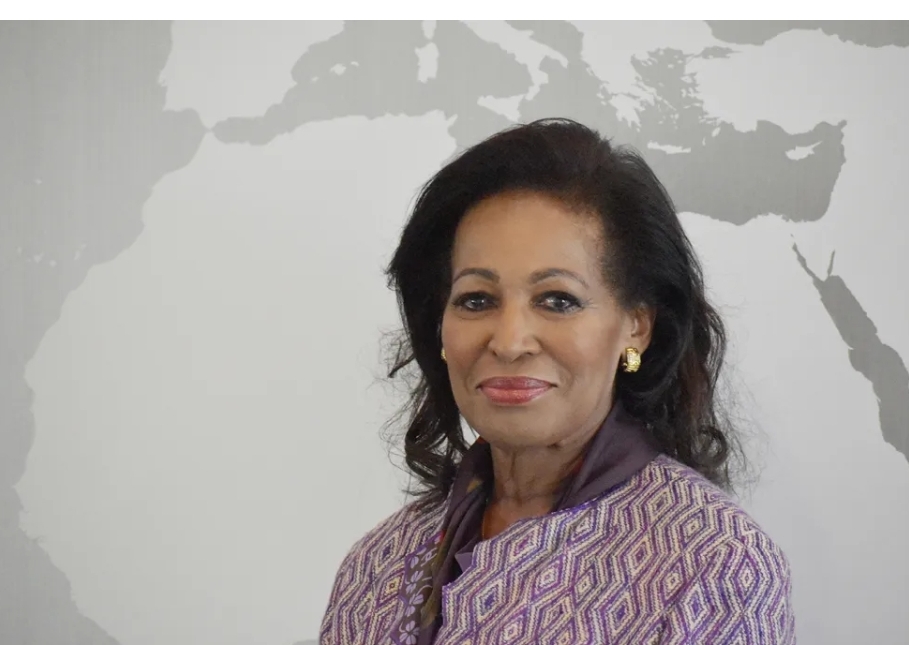In order for “Health for All” to become a reality, access to safe, timely, and affordable surgery and ongoing surgical education must become a priority in Africa
Access Multimedia Content
We celebrate World Health Day on April 7th, 2023, and I thought it is a good time to reflect on what “Health for All” means on the African continent.
In 2015 and 2017, the World Health Assembly (WHA) passed Resolution 68.15 (https://apo-opa.info/3ZJUuUf), and decision 70(22) (https://apo-opa.info/4387vtl) respectively. Resolutions which recognised surgical and anaesthesia care as essential for universal health coverage and required the director-general to report on the progress of its implementation.
While much progress has been made to document and elevate the status of surgical and anaesthesia care internationally, things have unfortunately not progressed equally on the African continent. Life-transforming surgery has a massive impact, not just on the patient, but on their caregivers, direct family, their community, and beyond.
It is now more important than ever to ask, how we can we improve this? How do we do this better?
Neglected surgery is a huge problem in Africa. In order for “Health for All” to become a reality, access to safe, timely, and affordable surgery and ongoing surgical education must become a priority in Africa. The truth is very few people on the continent have received the life-saving surgery they need. An ASOS study showed that surgical operations conducted in 25 countries were 20 times lower (https://apo-opa.info/3nN6GWU) than the crucial surgical volume required to meet a country’s essential surgical needs each year (defined as 5,000 operations per 100,000 people). African surgical patients are also twice as likely to die after planned surgery than the global average, with 94.1% of those deaths happening in the 24 hours after surgery.
Universal Health Coverage (UHC) means that all individuals and communities receive the health services they need without suffering financial hardship. It includes the full spectrum of essential, quality health services, from health promotion to prevention, treatment, rehabilitation, and palliative care.
To make that happen, a number of things need to be in place. For starters, we need strong political leadership to prioritise the acceleration of access to surgical, obstetric, and anaesthetic care across Africa — not just because it’s the right thing to do, but because from a socio-economic standpoint, Africa can’t afford not to. I do believe that COVID, like nothing else, showed us the economic costs of ill health of a population.
We also need greater education, not just of the surgical and medical practitioners, but of the African population at large, so that they understand their basic rights to care. By educating individuals and communities, they will be able to demand access to the health services they need, without falling into financial hardship, or potentially losing their lives because they did not know their ailment was surgically treatable, or how to access necessary surgical care.
One thing that does speak loudly to me right now is how we need to accelerate women’s access to obstetric and non-obstetric surgical care. When I’ve walked past the line of patients waiting to come on board Mercy Ships, I am always struck by how few women are coming there for their own care. The women I see are clearly in the role of carer, coming to support family members.
We have seen improvement on the continent in relation to obstetric outcomes as more women are able to access safe Caesarean sections, but there is a need to focus on a wider array of conditions and procedures that could have life-changing impacts on women. We also need to ensure that when funds are allocated for care, we make a point of ensuring that women’s care is specifically included, rather than them getting what is left over.
Understand, I’m not saying let’s forget about the men. I’m saying that safe surgical care is tremendously important, but it is tremendously important for both males and females. Everyone deserves a basic level of health care. It always amazes me how health is often not seen as a national developmental issue; but it is as important as security, economic development, nutrition, defence, because it underpins every one of those things.
“Health for All” means just that. It means every man, woman, and child should be able to access high-quality surgical care and post-operative care, regardless of age, race, ethnicity, gender, income, or religion.
We need to raise the bar of expectation across the African continent and hold each other accountable and we need to accelerate access to quality surgical, obstetric, and anesthetic care across Africa. It is possible to do, there are numerous governments who are implementing strategic plans not just talking about them, and there are incredible organizations like Mercy Ships, who are providing ongoing surgical education, as well as safe surgical care, free of charge to patients in the countries they serve that are making a significant impact on the African continent. But we need to do more.
When you talk about “Health for All” or “Surgical Care for All”, it needs to be more than a slogan; it needs to be meaningful and authentic and backed with intention and tangible actions.
Dr Tuakli works with Mercy Ships











